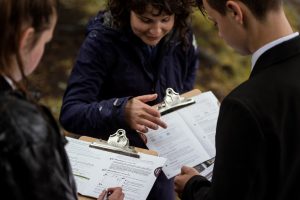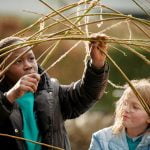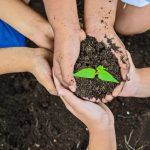Engaging and inspiring learners outdoors
Clare Rooney, qualified teacher and experienced trainer, outlines her five top tips for teaching in outdoor environment. As a Training and Development Officer based in our office in Stirling, Clare spends much of her time creating resources and sharing her expertise with teachers in schools across Scotland.
 If somebody ever asks why you are teaching something outdoors, I would challenge them and say but why should I teach it inside? Taking learning outdoors should not be considered a diversion from ‘real work’ but instead an integrated and progressive part of the school experience.
If somebody ever asks why you are teaching something outdoors, I would challenge them and say but why should I teach it inside? Taking learning outdoors should not be considered a diversion from ‘real work’ but instead an integrated and progressive part of the school experience.
In creating the new lesson ideas and resources for our website, which you can explore here, I’ve tried to champion the following principles:
1) Make it place-responsive
If the experience depends upon the unique conditions of the learners’ locality then it is more personally meaningful and impactful upon them. They are building a narrative about ‘their patch’ from the microclimates they discover and the different habitats and the species that depend upon them, to the human influences on the landscapes and developments through time.
2) Promote learning for sustainability
We need this generation to connect with the natural world if they are going to protect it. Therefore, they shouldn’t just learn about the world around them but importantly understand their power to affect change for the better. The outdoor learning experiences that we educators offer should model sustainable development from its top-level global messages down to the basics of the resources used.
3) Encourage curiosity
The tasks in our lesson ideas are always flexible enough to support a degree of pupil-led learning. Children and young people are predisposed to question – let them question and let them discover the answers. In this way they have ownership and responsibility for their own learning which makes for a more successful learner.
4) Give it a real-world context
Connect their learning to the bigger picture e.g. what does the plastic bottle solar kettle have to do with solar panels? Why are solar panels important now? Stand-alone activities in isolation make it more difficult for pupils to structure their understanding of the world. We need to help them make the links and demonstrate the relevance beyond it being an activity for the activity’s sake.
5) Make it fun!
The activities are often quite playful as put simply; we learn better when we are having fun! Play is not disconnected from formal learning but is an integral part of children and young people’s development. Combining more play-based opportunities for learning with fresh air and more freedom of movement sparks learner creativity and as a result concentration is also naturally boosted.
Image: Malcolm Cochrane









